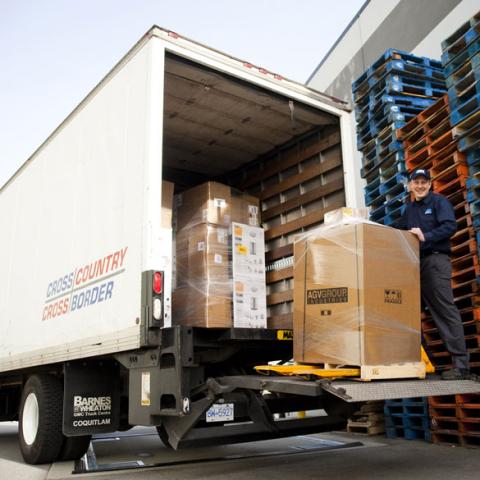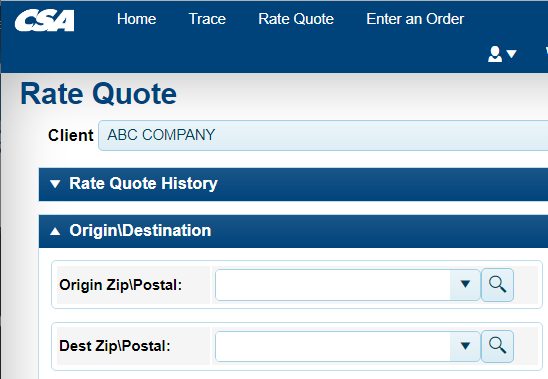SMEs and the Supply Chain
Small and medium sized enterprises (SME) have recently become increasingly important to business and the economy as they reshape markets new and traditional alike. In the UK alone, SMEs account for 95% of all organizations-- a significant reflection of the rest of the westernized world.
In spite of this, in supply chains both local and global there is still a perception that larger businesses have the edge over smaller enterprises. Though it may look risky to incorporate SMEs into a supply chain, many of these new enterprises can provide the kind of unique ideas and solutions that have already begun to revolutionize a number industries.
Tesla Motors is one great example of this. The start-up launched their first car five years ago, and achieved profits exceeding $15 million in the first quarter of 2013 alone. In the process, Tesla Motors has completely shifted public perceptions about all-electric motoring.
For other, smaller companies, new businesses like Kickstarter.com offer crowd-funded financial support for other creative enterprises, providing hundreds of budding entrepreneurs with a whole new platform to access startup support.
The importance of SMEs is continually gaining momentum, which is why it's so important for organizations to review their supply chain and Pallet Shipping processes and work to better encompass smaller businesses as both potential suppliers and customers. Re-aligning sourcing policies to support sustainable relationships with SME suppliers is one way to get started; or, consider adopting tools that add visibility and support accurate demand planning.
Given the success of startups like Tesla Motors or any number of Kickstarter campaigns that have taken off, it seems SMEs will become an enduring part of future supply chains. As a result, businesses should adopt a flexible approach to supply chain management in order to take full advantage of the opportunities these innovative new companies offer.








